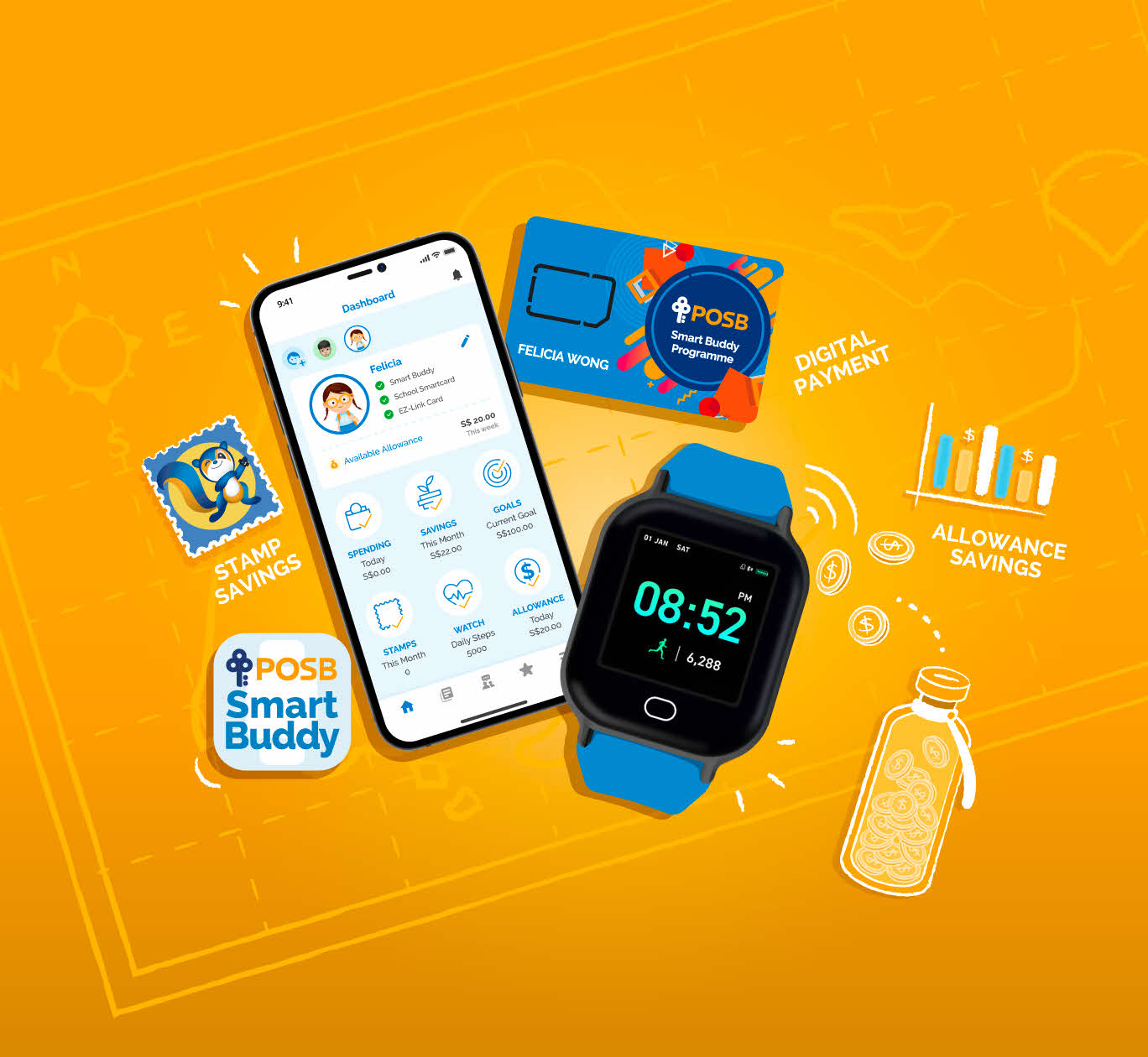Featured
Check out our latest products and services
Learn
Manage your money better with our how-to guides and tips
LiveBetter for a sustainable world
Our Green Solutions make it easy and rewarding to go green every day.
Community
Because we're neighbours first, bankers second
Quick Tools
Get the numbers you need here














